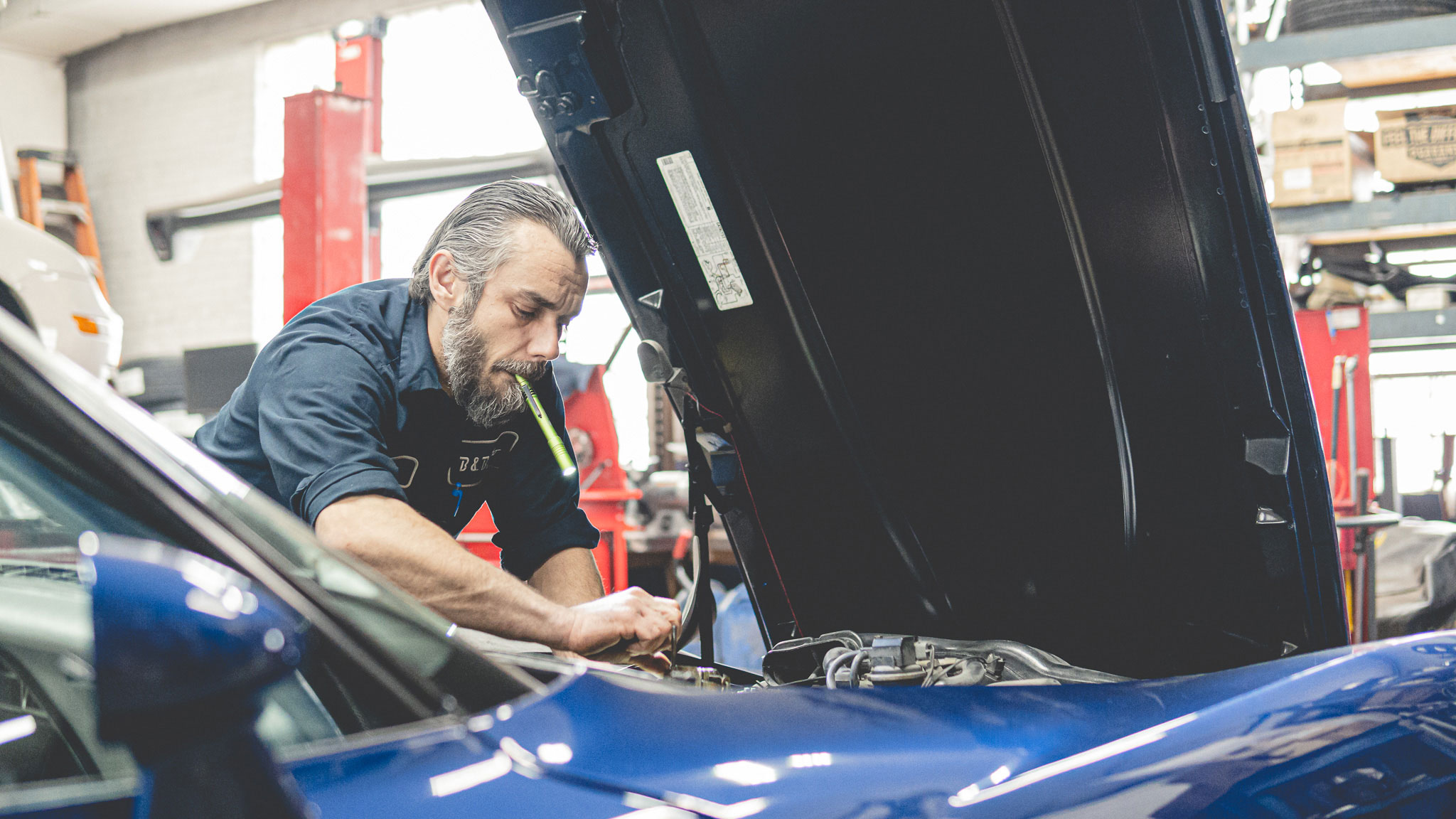All Categories
Featured
Table of Contents
- – 1. Set Up Normal Oil Modifications.
- – 2. Display Tire Pressure and Rotate Tires.
- – 3. Replace and examine Wiper Blades.
- – 4. Evaluate Fluid Levels Frequently.
- – 5. Test and Change Your Battery as Needed.
- – 6. Check Brake Pads and Rotors.
- – 7. Replace Air Filters Frequently.
- – 8. Watch on Lighting and Signals.
- – 9. Shield the Paint and Exterior.
- – 10. Adhere to an Upkeep Schedule.
- – Conclusion.

Regular automobile maintenance is important for each vehicle driver, ensuring that your automobile runs smoothly, securely, and successfully. By routinely examining your vehicle's essential systems, you can avoid pricey fixings and avoid unanticipated break downs. Here are some important car upkeep tips every chauffeur need to know.
1. Set Up Normal Oil Modifications.
One of one of the most crucial facets of car upkeep is transforming your oil routinely. Oil oils your engine's components, decreasing wear and heat. Over time, oil breaks down and sheds its efficiency, possibly leading to engine damages. The majority of autos call for an oil change every 5,000 to 7,500 miles, however you ought to examine your proprietor's guidebook for certain recommendations. Maintaining up with oil modifications prolongs your engine's life-span and keeps your automobile running effectively.2. Display Tire Pressure and Rotate Tires.
Appropriately filled with air tires add to better fuel effectiveness and handling. Reduced tire pressure can bring about bad gas economy, uneven tire wear, and also blowouts. Inspect your tire pressure monthly making use of a gauge, and keep it at the degree advised in your vehicle's guidebook. In addition, revolving your tires every 6,000 to 8,000 miles helps disperse wear equally, prolonging the life of your tires and enhancing total handling.3. Replace and examine Wiper Blades.
Wiper blades are easy to overlook, yet they are necessary for secure driving in bad climate. Replace your wiper blades every 6 months or faster if you observe they're no much longer removing your windscreen effectively.4. Evaluate Fluid Levels Frequently.
Your car uses numerous liquids to work efficiently, including coolant, brake liquid, power guiding liquid, and transmission liquid. Inspect fluid degrees frequently, and consult your owner's guidebook to understand when they should be transformed or covered off.5. Test and Change Your Battery as Needed.
The battery powers your car's electric components and makes sure dependable begins. Severe climate problems can shorten a battery's life-span, so it's essential to inspect it frequently, particularly if it's over three years old.6. Check Brake Pads and Rotors.
Your brakes are critical to your safety and security when driving. Worn brake pads can bring about lowered stopping power and damages to your blades. If you listen to squealing, grinding, or see a much longer stopping range, it's time to have your brakes examined. Many drivers locate it helpful to have brakes checked throughout routine tire turnings or various other scheduled upkeep.7. Replace Air Filters Frequently.
Air filters stop dirt, particles, and other contaminants from entering your engine and cabin. A clogged up engine air filter can affect your auto's performance and gas economic situation, while a stopped up cabin air filter lowers air high quality inside the automobile. Replace the engine air filter every 15,000 to 30,000 miles, and check your cabin filter a minimum of annually.8. Watch on Lighting and Signals.
Headlights, brake lights, and turn signals are crucial for visibility and communication when traveling. Frequently inspect these lights to guarantee they are functioning correctly. Replacing a light bulb is inexpensive and usually fast, yet it's important to avoid driving with damaged or dim lights, which can jeopardize safety and security and lead to tickets.9. Shield the Paint and Exterior.
Regularly cleaning and waxing your automobile is more than simply an aesthetic action; it safeguards the paint from dirt, salt, bird droppings, and UV rays. With time, these aspects can damage your auto's paint and result in rust. Waxing your vehicle every couple of months supplies a protective layer that aids maintain its appearance and worth.10. Adhere to an Upkeep Schedule.
Your lorry's handbook gives a maintenance schedule tailored to your auto's needs. Following this timetable aids maintain your car in peak condition and addresses possible concerns early. Regular exams, consisting of tune-ups and inspections by a specialist, permit you to recognize and resolve minor problems before they come to be major costs.Conclusion.
Maintaining your auto doesn't need to be made complex or taxing, however it's important for keeping it secure, trustworthy, and reliable. By complying with these ideas and staying proactive with your vehicle's upkeep, you'll appreciate a smoother trip, fewer unforeseen concerns, and potentially greater resale value. Make routine upkeep a priority, and you'll reap the benefits every time you hit the roadway.Table of Contents
- – 1. Set Up Normal Oil Modifications.
- – 2. Display Tire Pressure and Rotate Tires.
- – 3. Replace and examine Wiper Blades.
- – 4. Evaluate Fluid Levels Frequently.
- – 5. Test and Change Your Battery as Needed.
- – 6. Check Brake Pads and Rotors.
- – 7. Replace Air Filters Frequently.
- – 8. Watch on Lighting and Signals.
- – 9. Shield the Paint and Exterior.
- – 10. Adhere to an Upkeep Schedule.
- – Conclusion.
Latest Posts
Environmental Practices in Regional Car Repair Work Companies: Decreasing the Carbon Footprint
Published Nov 23, 24
0 min read
Upgrade Your Shower Space with Expert Remodeling Services
Published Nov 23, 24
2 min read
Essential Auto Upkeep Tips Every Driver Need To Know
Published Nov 23, 24
0 min read
More
Latest Posts
Environmental Practices in Regional Car Repair Work Companies: Decreasing the Carbon Footprint
Published Nov 23, 24
0 min read
Upgrade Your Shower Space with Expert Remodeling Services
Published Nov 23, 24
2 min read
Essential Auto Upkeep Tips Every Driver Need To Know
Published Nov 23, 24
0 min read